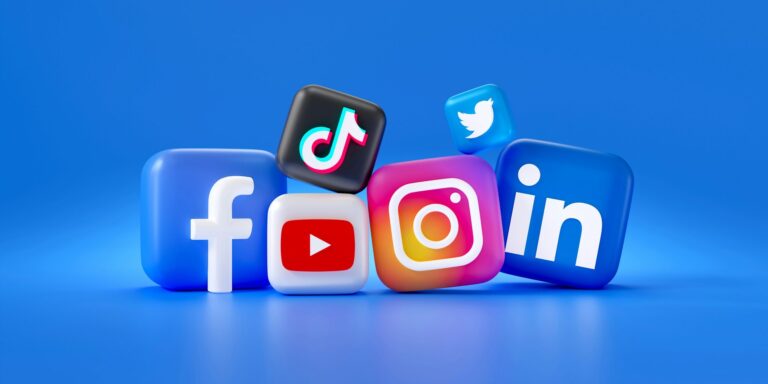The influence of social media on modern musicians is undeniable. Whether it’s TikTok viral moments, Instagram updates, or YouTube live streams, these platforms have reshaped how artists connect with fans and build careers. However, with these opportunities come new challenges. This commentary examines the pros and cons of using social media as a primary tool for building a music career.
The Rise of Viral Moments
In recent years, platforms like TikTok have become launchpads for new musicians. A single viral video or song can propel an unknown artist to fame almost overnight. TikTok, in particular, has taken the music world by storm, with countless success stories of artists gaining massive followings through viral content.
Olivia Rodrigo, for example, saw her hit song “drivers license” skyrocket to global recognition thanks in part to TikTok. Similarly, Lil Nas X capitalized on the app’s algorithm, using catchy hooks and relatable content to boost his music’s reach.
However, the pressure to create viral moments brings its own challenges. TikTok favors short, attention-grabbing content, which can force musicians to produce material that might not align with their artistic vision but is necessary for engagement. This creates a tension between staying true to one’s music and chasing trends for the sake of popularity.
Building Authentic Connections
Social media now allows musicians to not only release music but also build personal connections with their audience. Instagram, Twitter, and even platforms like YouTube and Twitch give artists the chance to engage with fans, share behind-the-scenes footage, and even crowdsource creative ideas.
The benefits of this personal connection are clear: artists can create a loyal and engaged fanbase who feels personally invested in their career. For instance, Harry Styles’ intimate Instagram posts help deepen his bond with followers, making fans feel like they’re part of his journey.
Yet, maintaining an authentic personal brand comes with its own pressures. The need to constantly share and stay “on” can lead to burnout. Musicians may feel obligated to post continuously, even if it detracts from their creative processes. Balancing personal authenticity with the demand for regular content can sometimes feel inauthentic, leading to disconnection between artists and their fans.
Algorithmic Pressure
Social media platforms operate on complex algorithms that determine which content gets seen and by whom. While this can help artists reach wider audiences, it also creates pressure to tailor content to what the platforms prioritize, often forcing artists to sacrifice creativity for engagement.
Instagram’s algorithm favors visually appealing content, while TikTok promotes short, catchy videos with a high potential for virality. These algorithms push musicians to adapt their content to fit within trending formats, often at the expense of their artistic expression. As a result, some artists may start to compromise their unique voice in order to meet the demands of the platform, creating a disconnect between their art and the content fans expect.
Mental Health and Burnout
The pressure to constantly create and share on social media can take a toll on musicians’ mental health. With the demands of self-promotion, writing, recording, and touring, many artists experience burnout, anxiety, and depression.
Pop stars like Demi Lovato and Shawn Mendes have openly discussed how social media’s constant demands affected their mental health. Mendes even took a step back from his social media presence to focus on his well-being.
Moreover, the rise of online trolling, cancel culture, and harsh fan criticism can exacerbate these challenges. Artists are frequently exposed to negative comments or unrealistic expectations, leading to increased stress. Mental health experts recommend that musicians set clear boundaries and seek professional help when managing the pressures of social media and the industry.
Success Stories and Failures
While many artists have found immense success through social media, the platform’s potential to both elevate and hinder careers is equally evident. Billie Eilish, for instance, used platforms like SoundCloud and social media to gain exposure and build a loyal fanbase. Her authentic approach resonated with listeners and helped maintain her connection with fans throughout her rise to stardom.
On the other hand, social media missteps can derail an artist’s career. Lana Del Rey, for example, faced backlash after controversial social media comments, which led to alienation from parts of her fanbase. Despite her talent, her social media presence caused confusion about her public image.
Ultimately, social media serves as a powerful tool for artist discovery, but it can also lead to oversaturation and burnout if not carefully managed.
Conclusion
Social media plays an undeniable role in shaping the careers of new artists, offering unmatched opportunities for exposure and engagement. But with these opportunities come significant challenges, from algorithmic pressures to the mental health toll of constant self-promotion. Artists must navigate this landscape carefully, finding a balance between authenticity and the demands of the digital world. As social media continues to evolve, its role in music careers will remain pivotal, shaping both the future of the industry and the well-being of the artists who rely on it.


